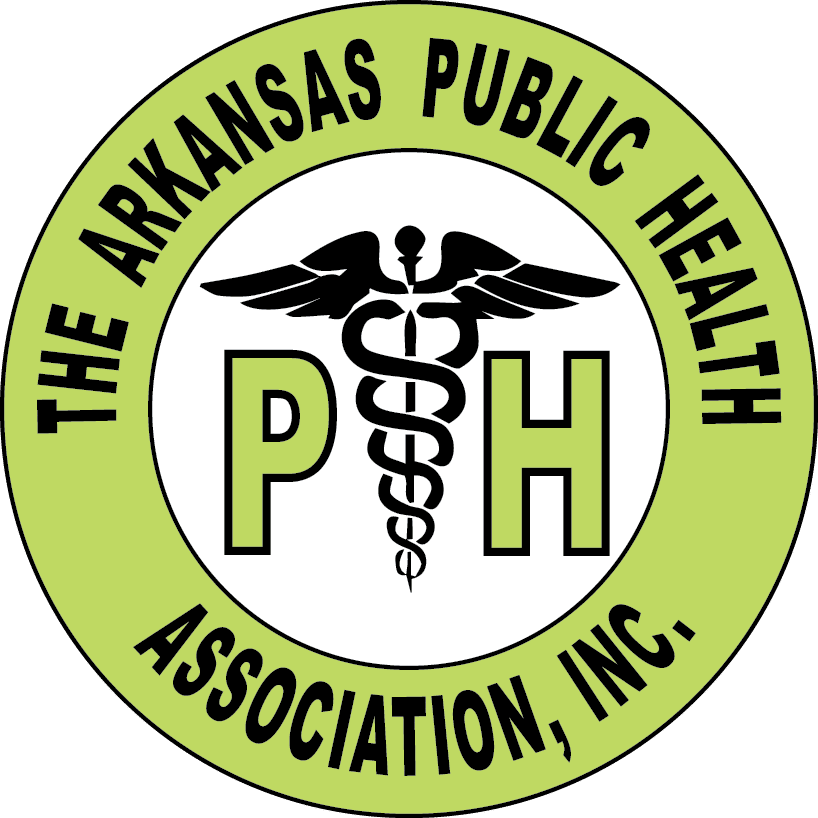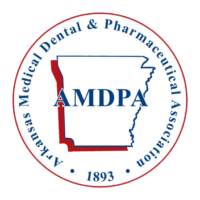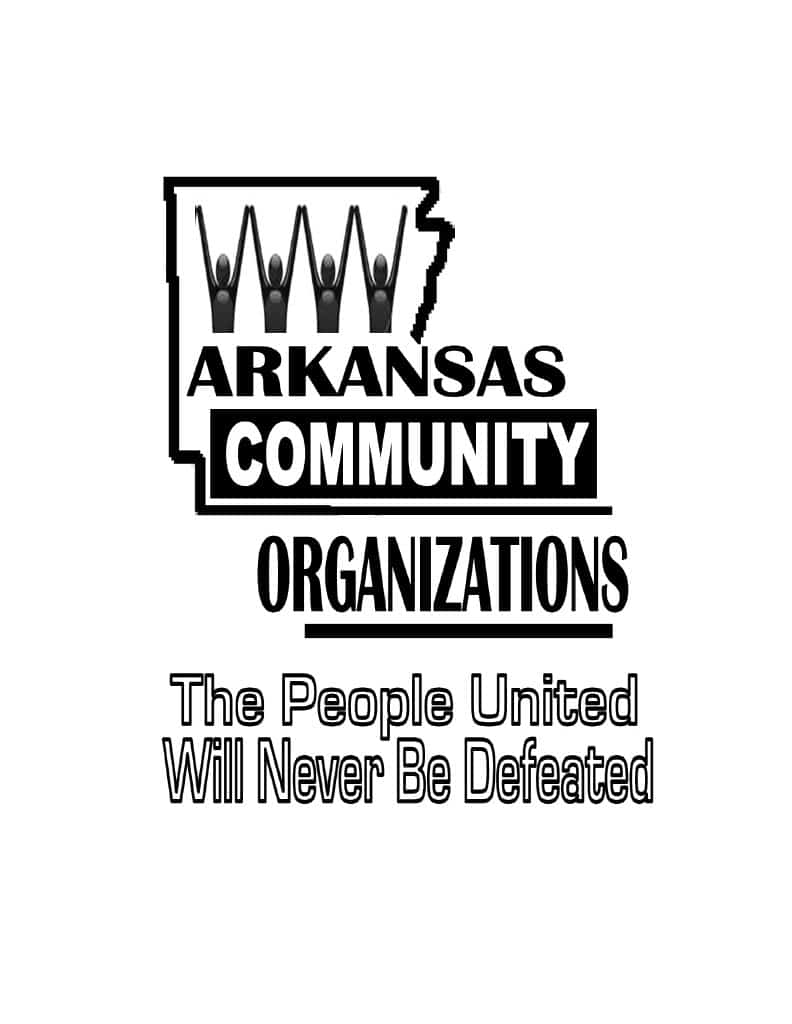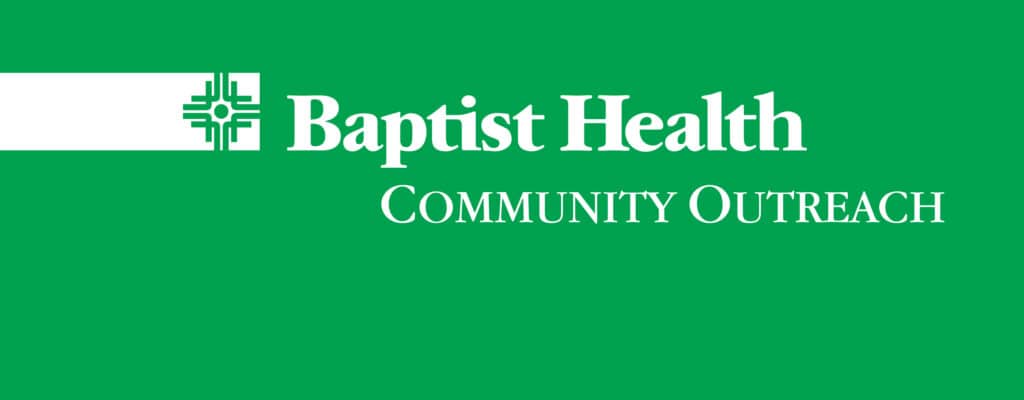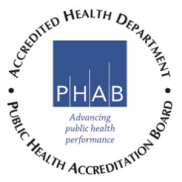Linking Communities of Faith to Public Health
Who We Are
The Arkansas Department of Health (ADH) understands the important role that faith plays in helping people have better health outcomes. Faith leaders have trusted messengers within their communities and are on the front lines of fighting many of the health issues that are affecting our communities. The Arkansas Department of Health respects the diversity of religious beliefs and practices of all people. We believe that all communities of faith and public health can work well together to promote the common goal of improving the health and well-being of people, families, and communities.
What We Do
The Office of Faith-based Outreach works to inform, educate, and empower communities of faith to take an active role in their health. We believe that everybody should have an opportunity to be as healthy as possible. Realizing that communities of faith reach a broad audience, we work with you to identify and address community health concerns, as well as support projects, initiatives, and research that will enable every Arkansan to achieve their optimal level of health and well-being.
There is no one right way to improve the health of everyone in a community. The most successful efforts involve different people all working together. We work in collaborative partnerships with different ADH programs and community organizations to strengthen, expand resources, and find solutions that will have a lasting positive impact on health. These partnerships also help to build a stronger foundation so that hard-to-reach and at-risk persons can have better health.
Preparedness Toolkit for Places of Worship
- Basic Disaster Ministry for Your Congregation Manual
- Emergency Supply Kit Checklist
- Flood preparedness information sheet
- National VOAD (Voluntary Organizations Active in Disaster) Disaster Spiritual Care Guidelines
- PHP Coordinators Contacts
- Links to preparedness resources
- Earthquake preparedness information sheet
- Tornado preparedness information sheet
How May We Help?
Prevent Sexual Violence Among Youth and Adults
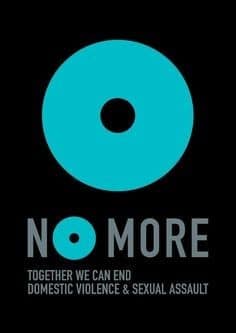
Sexual violence is a serious public health concern with significant harmful effects on the health and well-being of those who have been victimized. Victims of sexual violence can be of any age, gender, race, ethnicity, sexual orientation, socioeconomic status, or faith tradition. Sexual violence can occur in homes, workplaces, schools, and communities of faith. The Rape Prevention Education Program (RPE) is located within Injury and Violence Prevention at the Department of Health and provides primary prevention education to prevent sexual violence before it occurs. The RPE program works with the Suicide Prevention Program at the Department of Health and the Arkansas Commission on Child Abuse, Rape, and Domestic Violence (ACARADV) located at the University of Arkansas for Medical Sciences (UAMS).
Tobacco-Free Communities of Faith
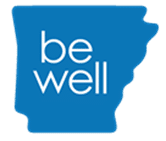
Helping people become tobacco-free is a major step towards having tobacco-free communities. When it comes to quitting tobacco products or using e-cigarettes, different people need different types of support to quit and stay tobacco and nicotine-free. Communities of faith provide a place of acceptance and support for those trying to quit. Tobacco Prevention and Cessation offer a variety of training and community education designed to help both youth and adults to stop using tobacco and nicotine products, including “No Menthol Sunday”, a National African American Prevention Network program.
Get Vaccinated
Vaccines are a key part of public health, saving millions of lives and billions of dollars by preventing diseases. Arkansas immunization rates are low and this means many people aren’t protected and are at risk for illnesses that are preventable. Faith communities and faith leaders can be extremely helpful in encouraging healthy behaviors and educating communities about the importance of immunizations. We offer free preventive education workshops, as well as provide training on how to conduct a mass flu clinic for your community.
Get Vaccinated: Prevention and You!

Interventions that promote vaccinations are more effective when communities of faith are engaged in the process. ADH in partnership with ImmunizeAR, offers tools and resources that support community-engaged teaching. The toolkits have everything you need to conduct a workshop, including a leader’s manual, participant booklet, PowerPoint presentation (with presenter notes), and handouts for the participants. Everything is downloadable and available to print from the following sites:
- Let’s talk about the COVID-19 vaccine – English
- Let’s talk about the COVID-19 vaccine – Spanish
- Let’s talk about the COVID-19 vaccine – Marshallese
- Let’s talk about HPV
- Let’s talk about the Flu – English
- Let’s talk about the Flu – Spanish
Homeless Shelter and Encampments Outreach
It’s not uncommon for those experiencing homelessness to experience more health problems than most individuals and managing their health can be challenging. The Homeless Shelter and Encampment Outreach initiative aims to provide support and resources to homeless service sites, encampments, and other congregate living facilities to build state infrastructure that addresses the health needs of unsheltered individuals. Interventions through partners, collaborators, community groups, and faith networks will work to detect and mitigate chronic diseases, substance misuse, mental health, HIV, etc. through care and referrals to care.
- For more information contact Linda Agnew-Morgan, Homeless Shelter and Encampment Coordinator.
- To Learn More About Our Outreach to the Unsheltered, Click Here.
Moms and Babies Welcome!
For many people, communities of faith are the center of community life; places where physical and spiritual well-being can be nourished and nurtured. Research has shown that breast milk is the best source of nutrition for most infants and more families are deciding to offer the natural nutrition that breast milk provides. We can help you create healthy, friendly faith communities for breastfeeding families.
Know the Signs and Act in Time for Heart Attack
Early symptoms, such as mild or stuttering chest pain, are identified as major risk factors for heart attack. Adults often ignore these warnings and put themselves at risk for significant damage to the heart muscle, or even death. Most heart damage occurs within the first two hours of a heart attack. ADH partners with the Arkansas STEMI Advisory Council and American College of Cardiology to help bring Early Heart Attack Care (EHAC) educational materials to Arkansans. EHAC education teaches people to recognize the early signs and symptoms of heart attack to increase usage of 911 when suspected. To order your materials, complete the form found here and submit as instructed (a version in Spanish is available on the Arkansas STEMI Advisory Council page). Another ADH partner is the American Heart Association which provides online education on heart attack warning signs. More information can be found here.
Hometown Health
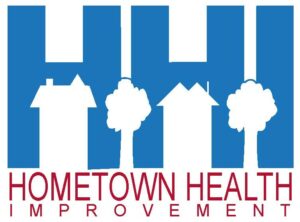
Healthy communities are places where people live, learn, work, play and worship. Health interventions that incorporate faith or spiritual elements have proven to be the most achievable. We understand this matters to you. The Hometown Health Program supports you in efforts to encourage healthy lifestyles among your faith community. We help you to identify health needs specific to your community of faith and offer tools and resources to help your community take charge of their health. Whatever health goal you would like to achieve—we can help.
We Would Love to Hear from You!
If you are interested in any of these programs or would like more information please contact:
Arkansas Department of Health
Kristi Lambert
Health Program Coordinator
501.537.9691
Whatever you need–health education, disease prevention, health promotion, or training–we have it. If we don’t have it, we will do our best to find it.
Resources:
The following community organizations share our passion for improving the health and support efforts of the Office of Faith-based Outreach.
